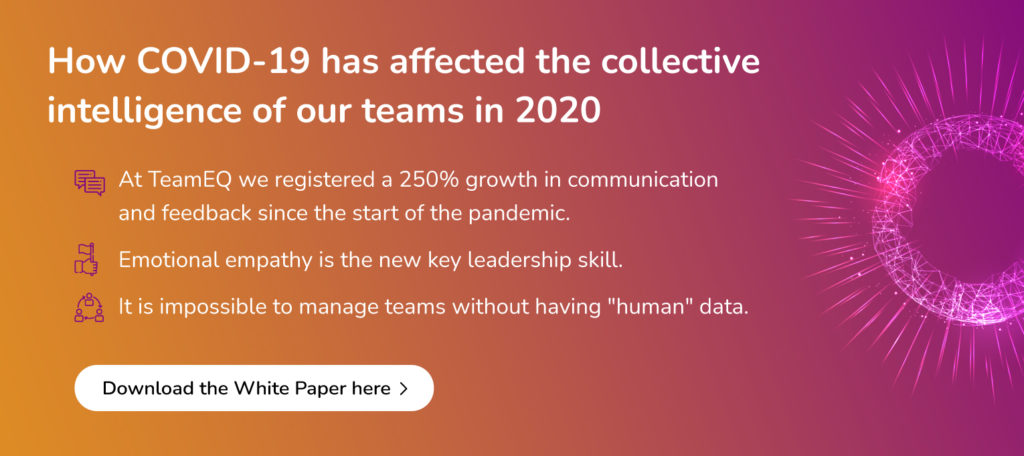You are what you measure: are you controlling data, or is data controlling you?
Every interaction generates data. Every transaction or engagement can be converted into a number, a statistic ready to be analyzed, added to a report or turned into an action plan. Data is the oil that keeps the global economy moving. We need data to gain insight, generate hypotheses and act upon them, helping us to make the vital decisions that mean the difference between success and failure.
In fact, without the systematic collection of data most businesses today would cease to function.
But perhaps the time has come to re-evaluate our relationship with data and ask ourselves the question: does the way we use data sometimes stop us from seeing the bigger picture?
The data paradox
The data paradox is clear: the more ‘noise’ we generate, the more difficult it can be to hear what’s really important. The biggest challenge for data rich businesses today is to know how to sift through everything and identify the trends that can help to generate value. A recent study showed that 70% of businesses are generating data faster than they can analyze and use it.
It is true that metrics, and especially the trends they help us to spot, allow us to continually improve our strategies and refine our decision making. But at the same time collecting too many metrics can be a wasted effort if that data ends up in reports that no one reads, is not used for decision making or is not shared with teams.
Most of the data collected by business is quantitative: financial performance, cost analysis, client numbers, billable hours and people on the team. But, increasingly, we are realizing the importance of generating qualitative indicators in organizations: customer satisfaction, employee health and well-being and team dynamics.
Successful leaders know how to drill down into the data, read balance sheets and create indicators that allow them to check the progress of strategic objectives and facilitate prediction.
But to generate this data, we ask everyone at all levels of our organization to participate, filing in online forms or drop-downs in boxes on their screens. Therefore, we need to ask ourselves the question: how can we avoid data collection becoming just another automatic task at work? How can we generate an internal conversation about data that will help everyone in the organization to understand its value?
If we can actively encourage our teams to understand and participate better in its collection, we can start to make the transition from data volume to data value.
From data volume to data value
If you want to know an organization, just take a look at its metrics. Where is the focus? And what does it tell us about the organization’s values and culture?
What we choose to measure actually describes us. The data that appears in the dashboard highlights what is important in the company: a map of value and aspiration. Most data collection is focused on trying to gain immediate value for a business and that can often lead to a maximizing approach: the more data collected the better.
But sometimes businesses can fail to prioritize another vital source of information: the data that drives their teams and informs their culture. Is there enough focus on generating the data that will help them to transform the culture of the company, improve team performance and, consequently, help the company to boost productivity?
That data is out there, waiting to be measured, every time we log on to our screens and join our teams to work together. And this data, built on human interaction and team intelligence, needs to be transparent, clear and actionable.
Towards an agile approach to data
In the world of agile methodologies there is an interesting tension between collecting the metrics and, in turn, not spending too much effort in doing it. There is also a tension between using data for control and prediction or for team development and experimentation.
Online tools like TeamEQ make a conscious effort to break through the data silos and develop more transparent metrics that allow us to better understand the evolution of inputs and outputs, allowing the team to understand their role, increase their self-knowledge and heighten their sense of well-being. Data through participation.
Perhaps it’s time for us to have a new conversation about data and start to generate the valuable information that can help us to drive real transformation in our organization. Not only in how we can generate economic value, but in how we can build human capital.
Discover how TeamEQ can help us to drive continuous improvement in your business by taking a demo today.




